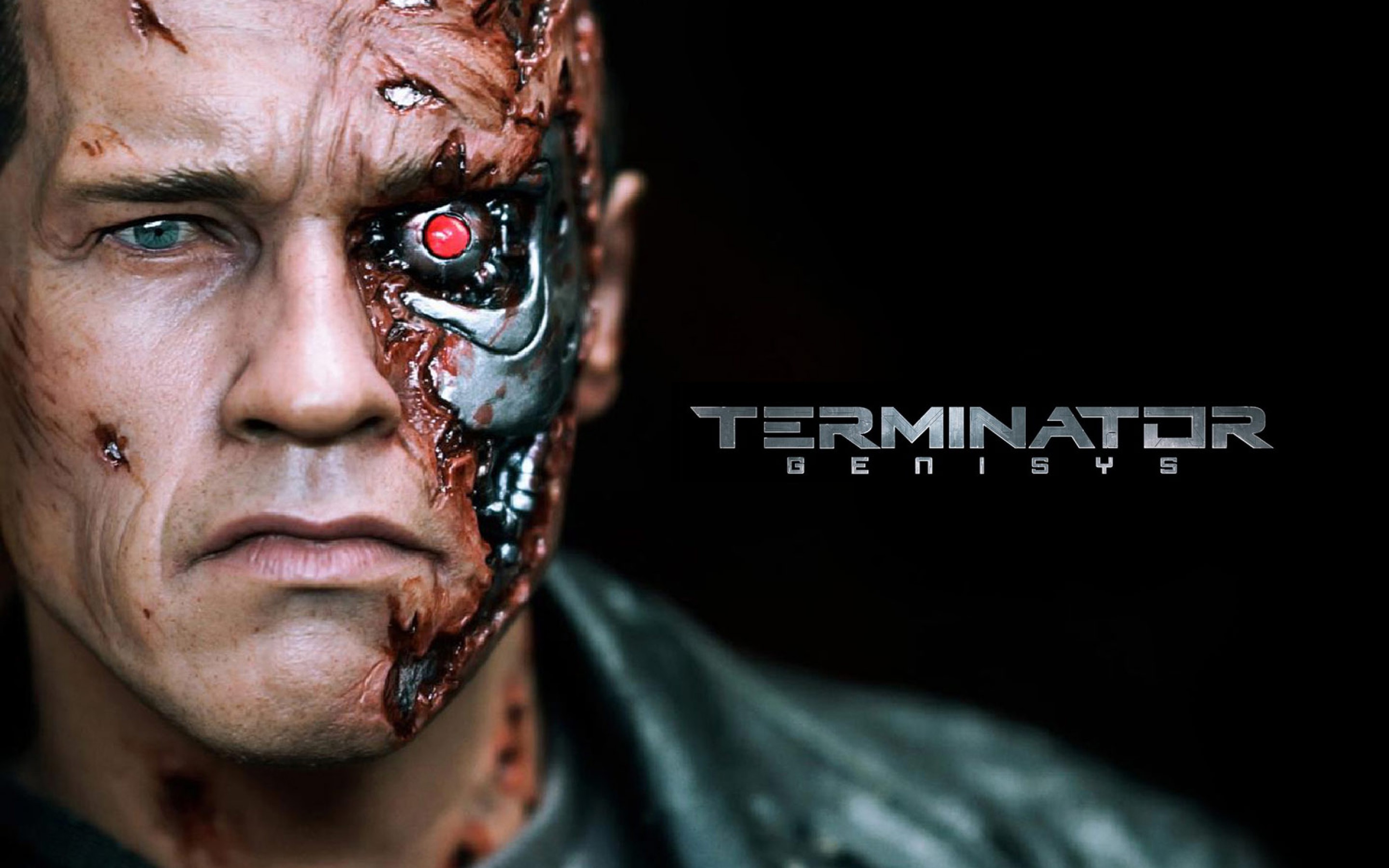Terminator Genisys: Time Is Not On My Side
DVD Reviews
In an interview with Collider before the theatrical release of Terminator: Genisys, Jai Courtney calls the film a reset instead of a reboot or sequel. I’m not sure what differentiates a reset from a reboot, but the fact remains that Terminator: Genisys used time-travel for an evil greater than anything Skynet could have come up with.
While time-travel has always been a shaky sci-fi territory, there are ways to feature it in a story without creating some kind of quantum train wreck for a movie franchise. For example, J.J. Abrams’s Star Trek films use the concept of time travel to seamlessly combine a new franchise with an old one. I’m also a fan of the way Bryan Singer’s X-Men: Days of Future Past used time travel to essentially erase the tragically awful X-Men 3 from the franchise history. Both of these films offer up proof that, in the hands of the right director, time travel can be used for good and not evil.
The Terminator franchise has definitely taken a beating over the years. Terminator 3: Rise of the Machines was a mess, and Terminator: Salvation could have been cool if it didn’t take itself so damn seriously—so there was plenty of damage done before Genisys came along. Regardless of whether or not the goal of Genisys was to restart the franchise or to simply be a mediocre fifth installment, it does the universe of The Terminator—and its fans—a huge disservice. Even as I tried to approach the film as if it were just a standalone sci-fi action flick, I couldn’t quite untangle the cinematic web of chronological damage that it inflicted on its source material.
If It’s Not Broken…
As far as sci-fi action movies go, The Terminator is a milestone. That scene where a prosthetic Ah-nuld slices out his damaged eyeball to reveal the iconic red eye of the T-800 is a visceral testament to James Cameron’s innovative filmmaking. Terminator 2: Judgment Day was actually better than its predecessor on many counts—not to mention the fact that it handily tied up the whole problem with Skynet by incinerating Dyson’s research and, in a particularly heart-wrenching scene, the reprogrammed T-800.
Then, despite having a resolved a full story arc, the Hollywood types decided that the world still needed some Terminator flicks—which would have been fine if they, you know, told new stories and stuff. Unfortunately, all the subsequent films did was prove that despite the efforts of team Connor in Terminator 2, Skynet would still find a way to wipe out the human race—except for John Connor, of course.
This is, perhaps, the biggest crime that Genisys has committed. Instead of taking the cool concept of time-traveling, murderous cyborgs in a new direction, director Alan Taylor and his writing team of Laeta Kalogridis and Patrick Lussier gave us a half-assed piece of fan fiction. Not only that, but it effectively ruined so many of the things that made the first two films great. Seeing Sarah Connor (Linda Hamilton) morph from lonely waitress to hardcore soldier of the apocalypse is a big part of the mythology, and it ultimately makes Skynet look like a dumbass for essentially turning her into the mother of a great military hero by trying to kill her.
Props are due for the casting of Emilia Clarke (Game of Thrones) as Sarah Connor 2.0. Despite her propensity for scenery-chewing, I was on board with her portrayal—but it’s hard to get around the fact that Genisys completely wrecked her character arc. If she’s expecting Kyle Reese (Courtney) to show up, and she’s expecting to father a messianic child with him, then what the hell is the point of the movie? Are we supposed to now use Reese, the time-jumping robot slayer, as the relatable character since he’s apparently the one who has no idea what’s going on? Cuz that’s not gonna work.
Wait…He’s Evil?
Normally, I’d throw out a quick “spoiler alert” warning here, but both the movie trailer and the cover of the Blu-ray copy have already revealed that John Connor (Jason Clarke) becomes a hyper-advanced T-3000 and travels back in time to ensure Skynet’s domination. This would have been a slightly cool reveal had the marketing team decided to keep it a secret, but even so, it doesn’t take a supercomputer to realize that sending a man back in time to kill his mother and father doesn’t make a whole lot of sense. It wouldn’t take long for Sarah Connor to realize that all she had to do to fix this problem would be to shoot Kyle Reese in the nuts.
Verdict
The problem with Terminator: Genisys is that it didn’t have the guts to forge its own path, which is very likely the fault of Hollywood’s own machines. A Terminator reboot could be cool, but there’s always some market researcher with a checklist of non-negotiables that have to be in a Terminator film—stuff like, “must have time travel,” or “must have some form of Arnold Schwarzenegger, and said form must say ‘I’ll be back’ at least once.” Where the Terminator franchise started as a subversive look at our Freudian fear of our creations eventually destroying us, Genisys is just another watered-down example of Hollywood’s sorry attempts to recycle successful properties for an ever-expanding market of pseudo-geeks.
